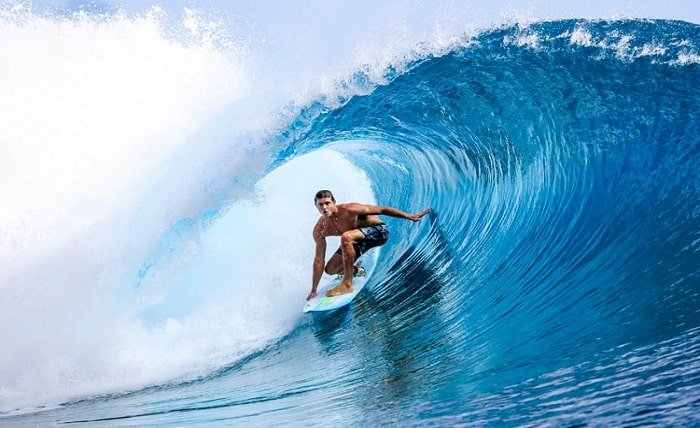Riding the Waves: The Thrilling World of Surf Hippique

Surf hippique, a captivating sport that combines the thrill of surfing with the elegance of horse riding, has garnered a dedicated following. This unique sport not only challenges the skills of athletes but also offers a harmonious interaction with the natural elements. From the sandy beaches to the rolling waves, surf hippique creates a spectacular arena for riders and spectators alike.
What is Surf Hippique?
Surf hippique involves riders on horseback, navigating the challenging surf on coastlines. Unlike traditional surfing, where individuals rely on their balance on a surfboard, surf hippique riders must maintain control of a galloping horse as they tackle the waves. This sport requires a deep understanding of both equestrian skills and wave dynamics.
The Origins and History of Surf Hippique
The concept of surf hippique originated from coastal cultures where horses were integral to daily life. Initially a form of leisure for the wealthy, it has evolved into a competitive sport that celebrates both equestrian grace and surfing prowess. Today, surf hippique competitions are held in various coastal countries, each adding a local flavor to the sport.
Essential Skills for Surf Hippique
To excel in surf hippique, one must possess a strong foundation in horsemanship, including the ability to ride confidently and make quick decisions. Equally, understanding wave patterns and timing is crucial, as these dictate the success of maneuvers during competitions. Training in both disciplines is essential for those serious about pursuing surf hippique.
Training and Preparation for Riders
Training for surf hippique is rigorous. Riders spend hours perfecting their horse riding skills on the beach and in the water. Horses are also specially trained to handle the surf, which involves gradual acclimatization to the beach environment and the sound and feel of the waves.
The Best Beaches for Surf Hippique
Certain beaches around the world are renowned for their surf hippique-friendly conditions. These beaches offer the perfect combination of suitable wave size, beach length, and horse-friendly facilities. Locations such as the coasts of Australia, France, and Brazil are popular among surf hippique enthusiasts.
Surf Hippique Equipment and Gear
Special equipment is required for surf hippique to ensure the safety and comfort of both the rider and the horse. This includes water-resistant tack for the horses and appropriate surf attire for the riders. Safety gear, like helmets and protective vests, is also essential to protect against falls and collisions.
Challenges and Risks of Surf Hippique
Like any sport involving speed and natural elements, surf hippique comes with its risks. The unpredictability of waves and the inherent risks of horseback riding can pose challenges even for the most experienced riders. However, with proper training and safety measures, these risks can be managed.
Surf Hippique Competitions and Events
Competitive surf hippique events are thrilling spectacles that attract competitors and spectators from around the world. These events often include a series of challenges designed to test the riders’ agility, speed, and synchronicity with their horses against the backdrop of crashing waves.
The Cultural Impact of Surf Hippique
Surf hippique has influenced various aspects of culture in regions where it is popular. It has inspired art, literature, and even fashion, where the aesthetic of the sport has been woven into local traditions and lifestyle, celebrating the bond between human and horse.
The Future of Surf Hippique
The future of surf hippique looks promising as it continues to attract new enthusiasts and gain recognition in the sports world. Innovations in training, equipment, and event planning are helping to make the sport safer and more accessible to a broader audience.
Conclusion
Surf hippique is more than just a sport; it is a dynamic interaction between rider, horse, and the raw power of nature. As it grows in popularity, it offers an exciting frontier for equestrian and surfing communities. Whether you are an experienced rider or a sports enthusiast, surf hippique promises an exhilarating and rewarding experience.
FAQs
1. What basic skills are required to start surf hippique? Basic equestrian skills and a comfort level with swimming and surfing are essential.
2. How do I find a location to practice surf hippique? Look for beaches known for their horse-friendliness and moderate wave activity.
3. What are the safety measures in surf hippique? Proper gear, including helmets and protective vests, and trained horses are crucial for safety.
4. Can children participate in surf hippique? Yes, with proper training and under expert supervision, children can enjoy surf hippique.
5. How can I watch surf hippique events? Many coastal cities host annual surf hippique competitions, which are often publicized in local sports or tourism websites.




